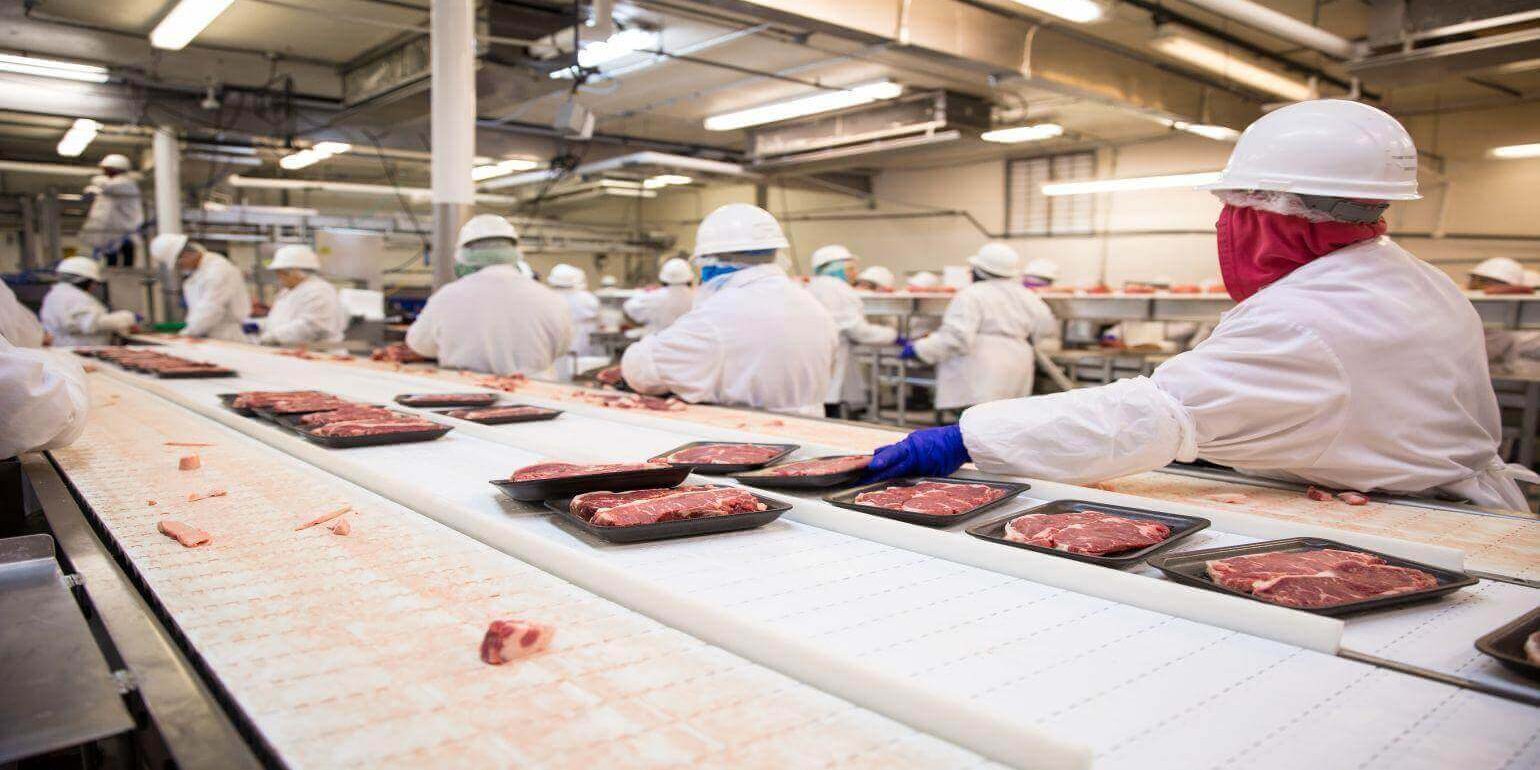Your typical grocery store is full of mass-produced items. Large-scale, conventional farms can produce a seemingly endless supply of chicken, meats, eggs, and dairy products. As a Los Angeles health coach, I tell clients, yes, mass production may mean lower prices and abundant supply, but if conventionally produced foods negatively impact your health and the environment, do you really want to save money in exchange for a poor diet?
Here is the skinny on conventionally produced meats and why you might want to choose to switch to more healthy options:
Conventionally raised animals have unhealthy diets
In order to lower production costs, animals raised conventionally are typically fed low-quality grains and feeds that contain “by-product feedstuff.”
“So what is feedstuff,” you ask. In simple terms, it can contain unhealthy items, such as distilling industry corn byproducts, fruit rinds, potato waste, and even, yes, candy. In short, as you eat conventionally raised meats, you inadvertently are consuming servings of “feedstuff.” Indeed, an animal’s poor diet can become your poor diet, which will, in turn, impact your health.
Poor diets produce sick animals – and sick people.
Animals that chew the cud, such as dairy cows, goats, bison, sheep, and cattle are meant to eat fiber-filled grasses, shrubs, and plants – not low-fiber, starchy corn and feedstuffs. When farmers switch these animals from grass to grains, many can end up experiencing uncomfortable disorders and distressing conditions.
Farmers also give the sickened animals chemical additives, as well as dose them continuously with low levels of antibiotics. When you consume antibiotic-treated animal meat, the drugs can enter your system and, in turn, may set the stage for your own drug-resistance, especially if you eat a lot of meat. Although more research will be needed to definitively make this correlation, if you don’t like the thought of eating antibiotics, you may be best served to steer clear of factory-farmed meats.
Conventionally raised meat is less nutritious
Not surprisingly, animals that eat an unhealthy diet deliver a lower nutritional product. Pound for pound, conventionally raised, corn-fed meat contains less vitamin E, beta-carotene, and very little “good” fat like omega-3 fatty acids and conjugated linoleic acid (CLA) than do their grass-fed counterparts.
It may come as no surprise that animals fed an unhealthy diet will make for a less nutritious meal. Compared to grass-fed animals, factory-farmed, grain-fed meats have less vitamin E, beta-carotene, and little of the two health-promoting fats called omega-3 fatty acids and “conjugated linoleic acid,” or CLA.
Conventionally raised animals like turkeys, chickens, and pigs typically get raised in appalling conditions, packed like sardines into cages and pens, incapable of practicing normal behaviors, such as roosting, grazing, and rooting. In conditions like these, the animals endure stress which makes them produce meat that’s lower in omega-3 fatty acids and a number of important vitamins. We know all the ways stress impacts our physical health, so it is logical that animals also suffer a negative response to stress.
So, what’s the impact of the feed-‘em-cheap-and-fast conventional meat raising method? Chances are you’ll get less nutritious meat with an abundance of not-so-healthy fats. It’s hardly surprising that the meat is less expensive than gras-fed.
Conventional farming pollutes the earth.
In the factory farms, confined animals build up copious amounts of manure in small spaces. Farmers must collect and remove the dung. As it is expensive to get the manure hauled away, it is frequently dumped near the feedlot. Ground and water pollution result from the surrounding soil getting oversaturated with the manure. But pasture-raised animal dung is a potent source of organic fertilizer, not a waste management problem. Grass-fed animals are much gentler on the environment.
Conventionally farmed meat bottom line.
To conclude, although conventional farming allows us to consume plenty of convenient and cheap food, it typically produces food with dubious nutritional benefits that can make you more resistant to antibiotics as it poisons your land, water, and air.
Integrative health coaching in LA, I tell clients, considering it has so little going for it, doesn’t it make sense to switch from factory-farmed meats to grass fed? While some conventional farms produce ethically and sustainably, you may have a hard time seeking those few out. They are vastly outnumbered by our food system’s harsh, conventional farming methods.
Having said that, for you meat-eaters out there, I strongly suggest buying high quality, grass fed meats, even if that means paying a little more or buying less of it. Select grass-fed poultry, beef, bison, and lamb to be sure that you’ll eat healthy and nutritious meats as nature meant you to.
Health Coach, Manhattan Beach
If you are seeking:
- Personal health coach, LA
- In person or online fitness coaching in LA
- A nutrition coach, Los Angeles
- A corporate health coach, Los Angeles
- Functional medicine, Los Angeles
Derek Opperman of LifeUp Health Coaching offers competent, compassionate care. Whether you live outside of Los Angeles and are interested in online integrative health coaching or you live in the Hollywood, LA area and have been seeking a “health coach near me,” we invite you to reach out. Derek can help you to meet all of your personal wellness goals.







